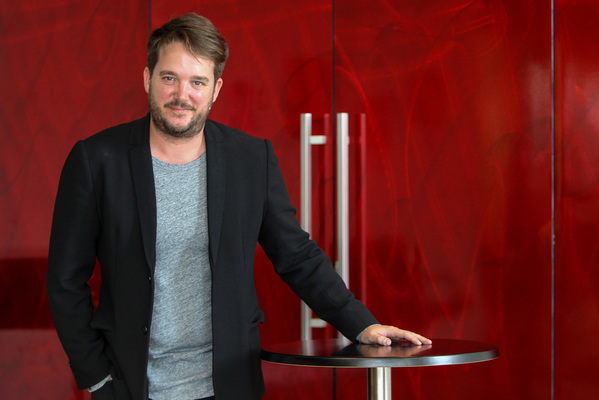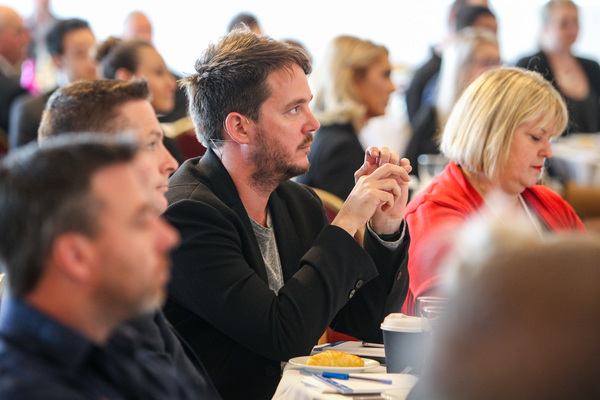
By Alana Mitchelson
FUTURIST Chris Riddell believes the greatest restriction is no longer technology, but the ability for human beings to embrace change rather than trying to stop progress.
Riddell, who recently spoke at the Casey Cardinia Business Breakfast, keeps across the latest trends in technology around the world that he believes will shape the future.
He stressed the importance of forward-thinking and embracing technology when it comes to business strategies, as well as the way people approach their personal lives.
“Today technology is challenging industries to adapt to big changes, sometimes in a timeframe of less than a year,” he said.
“This is a new normal.
“Your business’s ability to adapt to change in this revolution of experience will define and shape the next 100 years.”
Riddell asked the audience to think back to the release of the first computer game, Pong, which involved a dot bouncing back and forth across the screen.
He said this simple game showed people where the world was going.
“Technology offers us an insight into what lies around the corner,” Riddell said.
“The company 23andMe has changed the future of the healthcare industry by its ability to provide customers with their DNA profile. All people need to do is spit in a test tube.
“If you have a partner, they can also obtain their DNA profile and tell you what kind of children you will have.”
Riddell described the current era as the revolution of experience.
Rather than buying CDs for example, people are opting to subscribe to an experience on platforms such as Spotify.
Customers are demanding incredible experiences and data is increasingly becoming an insightful tool to create personalised experiences by tailoring products and services to meet customers’ needs.
Riddell predicts that virtual reality is going to be big within the next two years.
“In the workplace, the idea of having a screen on the desk will disappear,” he said.
“You will be able to wear a piece of equipment over your eyes that projects everything in front of you that only you will be able to see.”
Riddell highlighted how advertising and marketing campaigns had changed over the years.
In the 1960s BMW would sell their cars by promoting their new features such as a triple hemispheric swirl action combustion chamber.
He said there was no way that approach would sell a car today
The product is now being sold in the background, with a focus instead on the customer experience that surrounds it.
Riddell suggested that one of the ways larger corporations can stay relevant was to “think and behave like entrepreneurs or start-ups”.
He used an unusual analogy, comparing a banana plantation to a rainforest.
“Ordinarily a banana plantation business will spend their entire lives thinking about bananas and nothing but bananas,” Riddell said.
“Whereas a rainforest, unlike a plantation, is an incredibly dangerous space. You could get bitten by a snake and die instantly, but you could also find a spider that can cure cancer.
“Volatility, uncertainty, complexity and ambiguity might give you that opportunity to change the world.
“Many people fear technology. Technology isn’t going to replace us. It’s just another tool to make life easier and better.
“Innovation is about re-invention – doing what we have always done but in a slightly better way.”
For more information, visit chrisriddell.com/blog.







